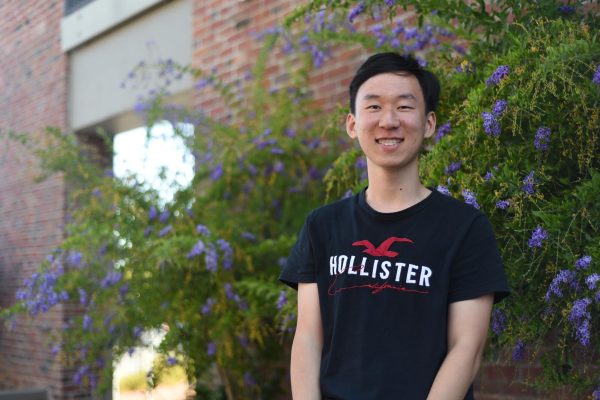FUHSD announced the postponement of the Health and Ethnic Studies course requirement for incoming freshmen following concerns about declining enrollment and proposals to revise the Ethnic Studies curriculum for upperclassmen.
California’s Assembly Bill 101 requires students graduating in 2030 to complete a semester of Ethnic Studies, which was combined with the Health class by FUHSD, to earn their high school diploma. FUHSD offered Health and Ethnic Studies as a pilot couse in the 2023-24 school year to collect feedback on the curriculum. The course requirement was first set for the 2024-25 school year to be ahead of AB-101 but was delayed to 2025-26. However, during a November board meeting, FUHSD announced that the implementation of Ethnic Studies as a mandatory course for freshmen would no longer occur in the 2025-26 school year. Health and Ethnic Studies is scheduled to continue as an optional course offering.
FUHSD Superintendent Graham Clark attributes this move to the course’s lack of popularity among freshmen, declining enrollment and discussions of whether the course is better suited for upperclassmen. Decreasing enrollment in FUHSD has reportedly contributed to a decline of 180 individual class periods, according to an email from Clark. Following the announcement, an advisory committee was reportedly convened to discuss the next course of action for Ethnic Studies. Clark will make the final decision about when to implement Ethnic Studies as a required course.
Clark says Ethnic Studies would be more convenient for upperclassmen to accommodate in their schedules, and would benefit juniors and seniors with prior background in World History and World Studies. He says adding another required course to ninth grade schedules would limit elective options, as enrollment in world language, art, music, journalism and business would decline due to the new requirement.
“If you learn some of the historical facts in your World History and then your U.S. History classes, in Ethnic Studies, you’d have a better framework for what we’re talking about,” Clark said. “We’re going to talk about the topic of immigration, for instance. You may have talked about that in World History, and then you would know something about it. But if you take Ethnic Studies first, you wouldn’t have the benefit of understanding what that was, because you haven’t covered that material yet.”
As the parent of a freshman and eighth grader, Joshua Perrault affirms Clark’s opinion that Ethnic Studies would be better suited for upperclassmen. While Perrault is not fully convinced that the state’s Ethnic Studies requirement is a necessary addition to the curriculum, he says upperclassmen could benefit from the material.
“They’re getting ready for college,” Perrault said. “It’s to their advantage to know more about different ethnicities before they go to college and before they become fully fledged adults. I think it’s really important. Upperclassmen would be more receptive, and they’d be able to understand how important that is as they mature.”
Perrault supports the district’s move to delay the mandate, citing more freedom for freshmen in terms of elective course selection. Alternatively, as a proponent of students studying civics, Perrault adds MVHS students would benefit instead from extending U.S. Government and Politics to a two-semester course.
“Delaying the mandate allows new high school students to pursue the things they want to pursue and have time to do that throughout the year,” Perrault said. “If they’re doing something they really want to pursue, they can be more engaged with high school.”
With FUHSD’s efforts to mandate Health and Ethnic Studies, Director of Human Resources Greg Giglio announced a $6,000 stipend on Oct. 28 through an email for teachers to obtain a Health Sciences credential, with the area being designated “high need.” According to Principal Ben Clausnitzer, the stipend still stands, following the postponement of the mandatory course requirement. However, Giglio and Clark say there is no association between the stipend and the postponed mandate. Giglio said in an email that MVHS, which has two teachers currently credentialed, is expected to fulfill the need for five to six sections of Health before the requirement goes into effect.
In the event that Health and Ethnic Studies become required courses for freshmen, Clausnitzer acknowledges that they could be barred from taking multiple elective courses. He stands with the district’s move to reconsider the course’s grade placement.
“We’re not going to full implementation yet,” Clausnitzer said. “We’re going to the status quo, continuing to offer Ethnic Studies and Health as we have these past two years, and meanwhile, engaging in a conversation around whether we have the right grade level.”












